How many times have I written and rewritten this article…so now, hopefully, this version will be finally sufficient. I spend as much time as possible in nature every day. It helps clear the mind of unpleasant thoughts, and it gives energy. But I perceive a difference between being in the wild nature and one’s own garden.
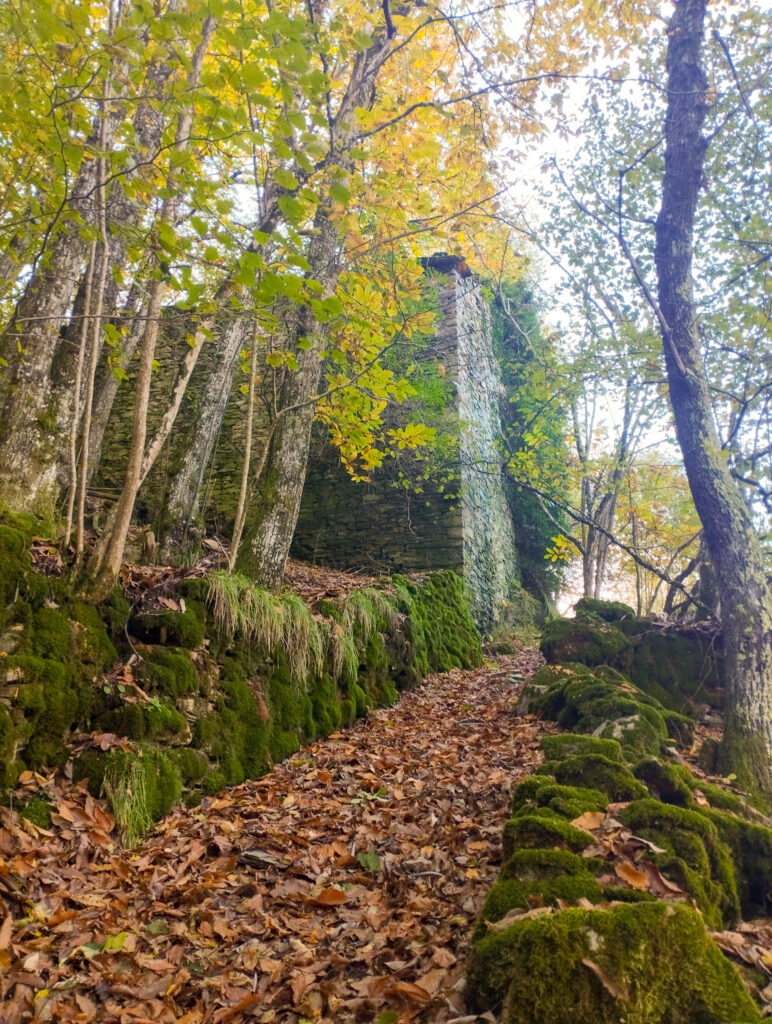
The mountain we live on has many trails made hundreds of years ago by people who lived there in stone houses. Even today it is possible to see the remains of their gardens and the places they cared for. Every time I’m there, I imagine what it was like to live in their time. If I could use a time machine, that’s exactly where I would go. Most of the houses are near rivers and springs that spring from the mountain.
When it rains for several days, small ponds form. You can’t swim in them, but you can at least dive there. There is practically no rain here for several months in the summer, so the only time you can try it is in the cold months.
A few days ago I went there for a walk with my dog and felt the urge to dive into the icy water. I finally found a beautiful lake with a waterfall, which was so hidden that no one could see me. And so I bathed there naked and the wind whistled around my ears. It’s such a beautiful feeling when you don’t have to think about anything at all and you feel warmth and energy spreading through your body.
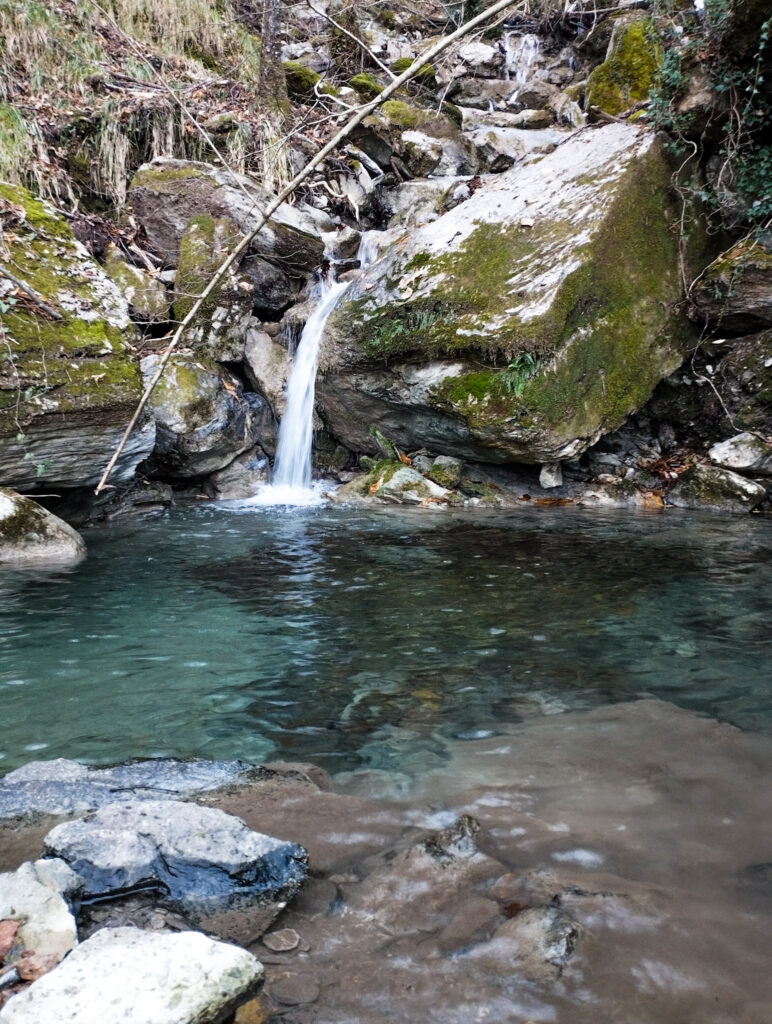
So why a garden?
We can think that wild nature is enough for us. We can wander, explore, get lost, and be amazed, but I think that we should leave the wildness to the wild.
When we own a piece of land (and let’s say this is just an illusion of our mind because we can’t own anything), we become responsible for that piece of ground. And it’s up to us what we create there. On the other hand, we should always leave the wild nature in its original state. For example, I won’t even throw away a banana peel in our forest, even though it’s a natural material, simply because it doesn’t belong there. What about all the paper, plastic, and trash that people throw away without thinking…
In our own space, we can create an orchard, an herb corner, a garden full of colorful flowers, or a garden where we will grow vegetables. Or all together. It can also be a meeting place for people. Be it family, friends, neighbors, or perhaps children, the elderly, or people who feel lonely and want to spend time in the company of others. If ignorance is said to create wars (whether internal or external), then the opposite would be knowledge. Getting to know nature, natural rhythms, elements, animals and people necessarily leads to greater peace.
So why do we leave our lands overgrown with poisonous infesting plants, and keep them full of trash when we could be creating something beautiful instead? Something that can be beneficial to us in many ways..
What benefits can a garden bring?
When we work in the garden or otherwise spend time in it, we tune in to its rhythm.
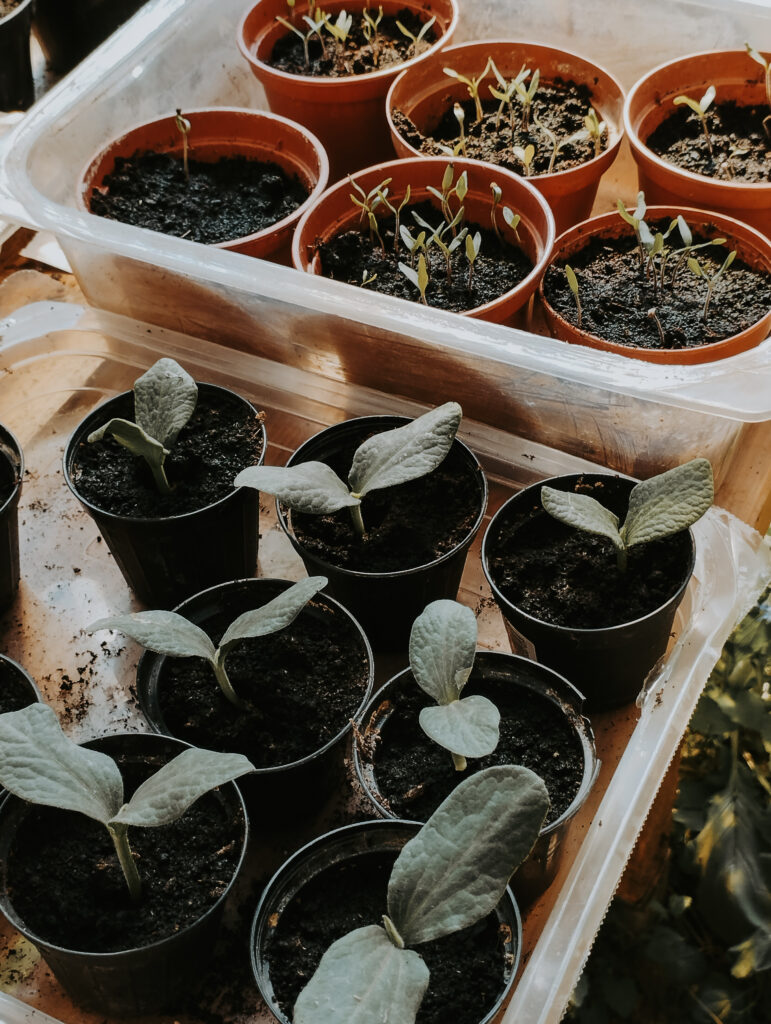
We will forget all the hectic hustle and bustle, bad news on TV, dramas, and the nonsense that comes at us from all sides. You may even find that if you leave the TV and cell phone off and you are in your garden, no bad things happen. That’s interesting, isn’t it? You might object “But how can it not? It happens all the time, the newspapers are full of it!”. But if no one reads it, how many people will bother? Probably only to the actors of the event themselves. In case it’s true.
It is much more important not to be indifferent to the things that are around us. Why do we spend so much time commenting on things that are probably fake and trying to convince others of our truth? I have to say that this whole thing about sharing personal lives with the world is beyond me. Someone makes a video about what they do every day, half of it made up because they want people to see them in a better light, and they don’t even know their neighbors? Or they don’t talk to their parents, or they don’t see their friends anymore..
My point is, that I think it is better to cultivate the space around us, as well as the relationships with the people we are close to. Establishing real relationships and friendships and not caring so much about what happens on social networks. Imagine, for example, that the internet or electricity stopped working. How would we view a life spent behind a monitor? And what would we do next?
Going back to the idea that if we work in the garden, we tune into its rhythm, it also means that we get out of the rhythm of speed, impetuousness, emotional swings, and frustration.
In nature, everything changes constantly, but slowly. Therefore, if we are lucky enough to have a garden, we can observe it every day. We see how a plant grows, how fruits ripen, or what flowers bees prefer. We see some flowers seemingly disappear, only to grow again from nothing in the spring.
And this brings feelings of joy, fulfillment, peace, and serenity.
Everything we do, even if it is hard work and we are tired, has real results. It’s a beautiful feeling when we put a twig in the ground and it starts to grow, when we taste the pesto we made using only our own ingredients, or when we plan what kind of vegetables and where to plant next year.
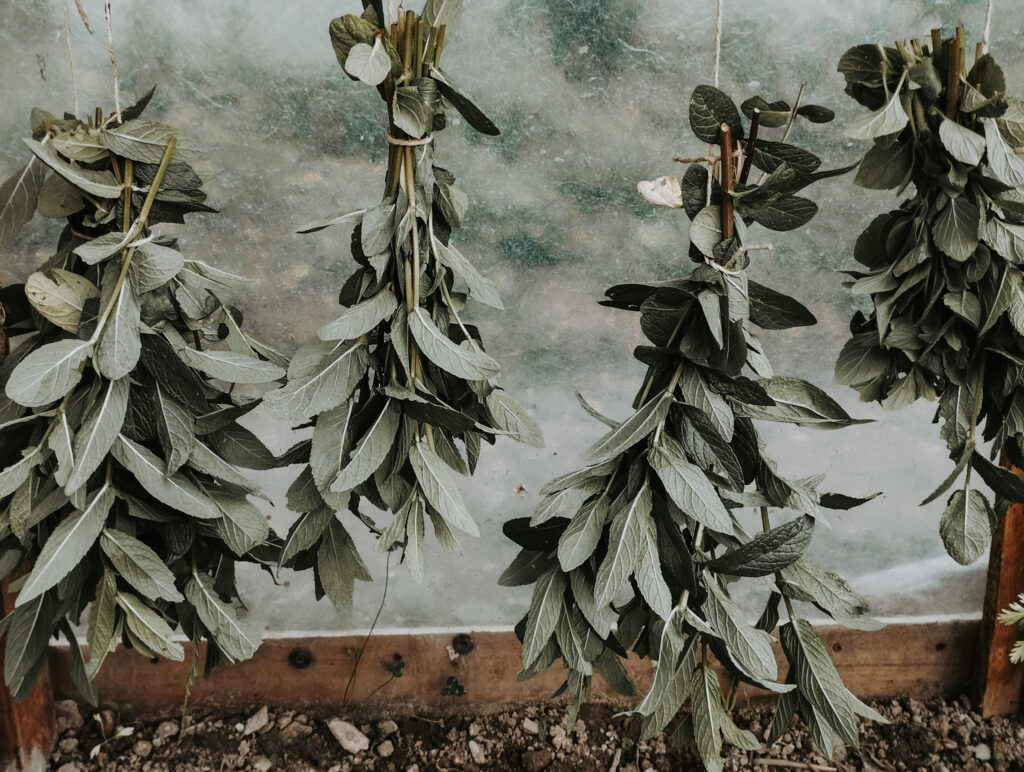
I wanted to mention one more thing. When we spend a lot of time in one space in nature, this space begins to communicate with us. It is known that if we have a health problem, herbs will grow there that can help us. It is even said that they start to grow in the given place even before the symptoms show up in our body. It would be interesting to find out if this is true, wouldn’t it? For this purpose, it is a good idea to keep a herbarium with all the plants that grow freely in the garden, preferably with the collection time. So we can compare over time which plants appeared seemingly by chance, and which ones are still growing there.
This leads us to start discovering the known effects of herbs and how we can use them. We will learn how to dry them and prepare tinctures, syrups, and more. It’s such a creative way to spend time. And it is beautiful to teach all this to children because they love it. And that, even if they are already older. I remember one time we went for a walk on our mountain with a nephew who was 17 years old. As we walked, he started asking about the plants around, so we told him the names of these herbs and what they could be used for. Before long, he was having fun learning to recognize them himself. And we’d say we wouldn’t expect that from a teenager from the city.
What if we can’t have a garden..
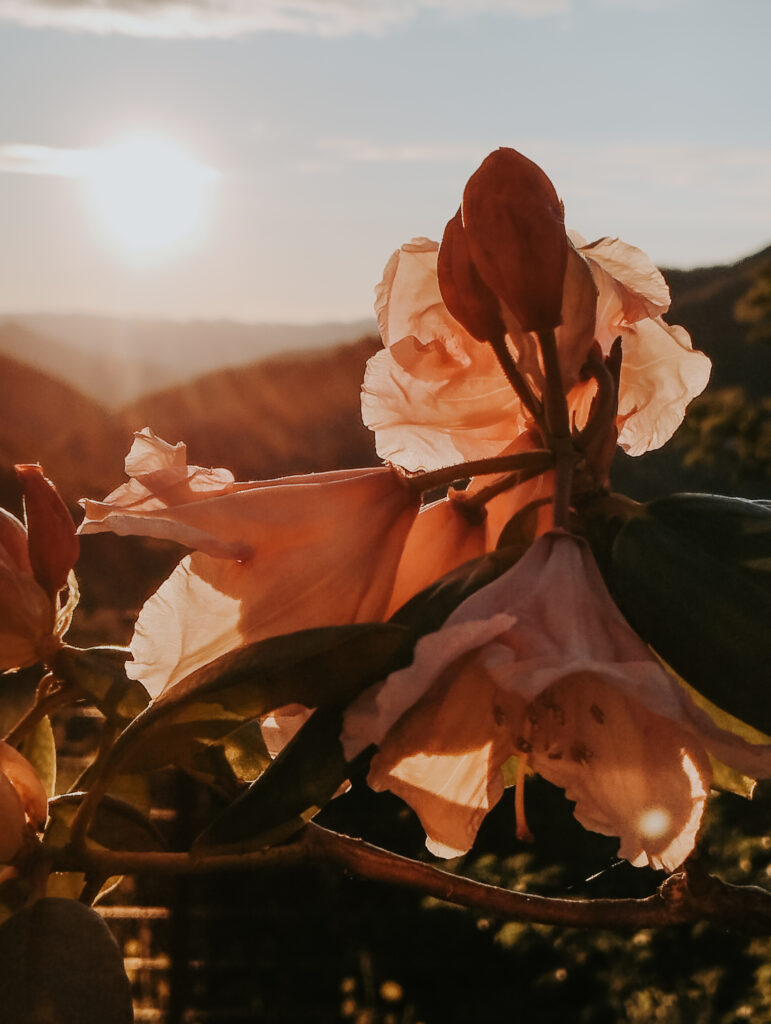
Someone may argue “But what if I don’t have a garden because I live in the city?” Let’s just say there’s always a way. It is not important how big the garden is, but if we take good care of it, and it brings us joy. We can have flowers on the window, and fresh herbs in the kitchen, or we can arrange with the neighbors and cultivate the front gardens in front of the house entrance. How beautiful it would be if roses or bougainvillea bloomed above every entrance to a block of flats. Why should we wonder about it only on vacation by the sea, when we can create such an environment at home?
Community gardens are also being created in cities, you can also go somewhere to pick fruit or take care of plants in public spaces as a volunteer.
All you need is to want. And start.